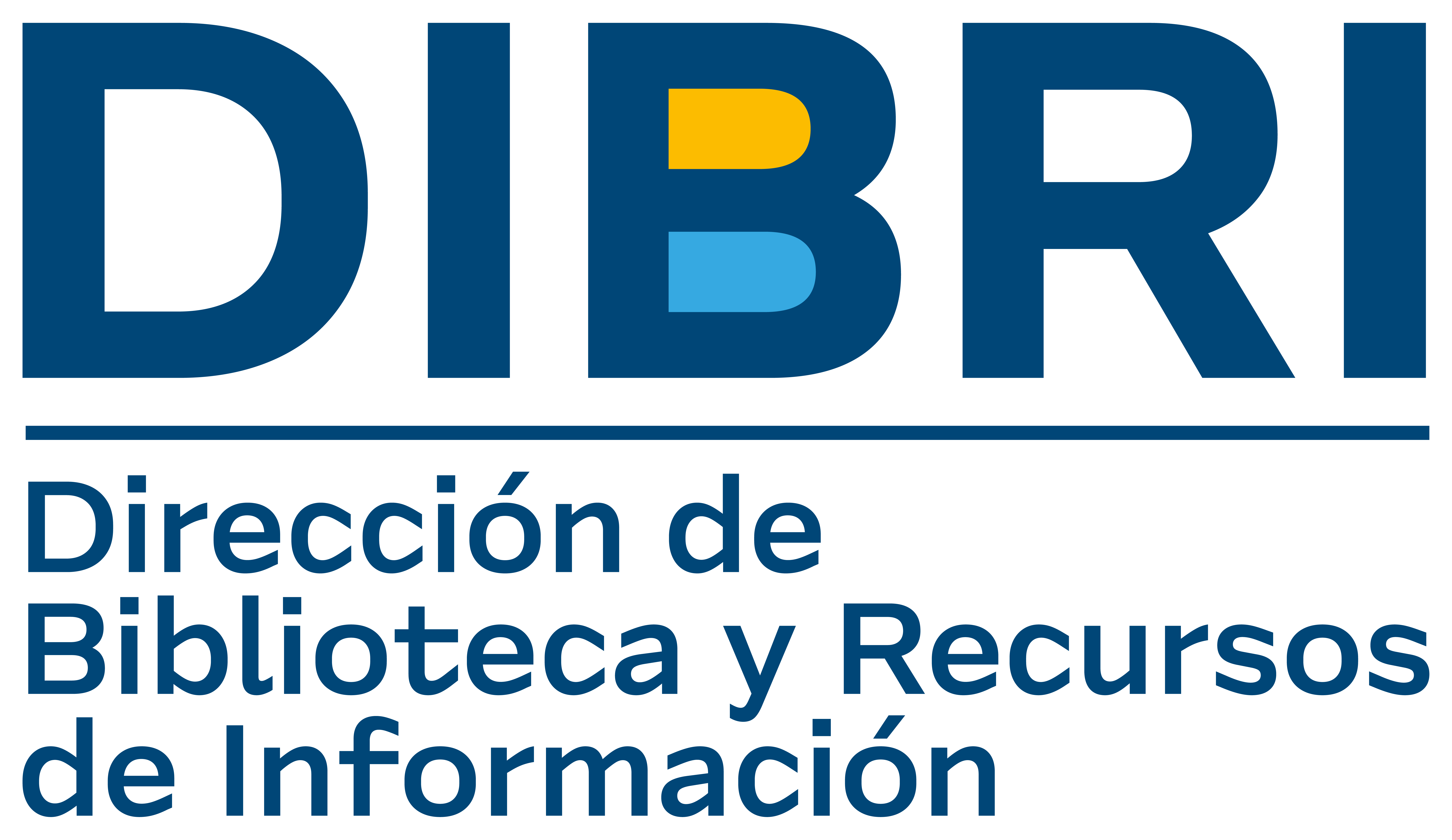Mostrar el registro sencillo del ítem
Does the teacher's oral input support the student's development of the listening skill?
| dc.contributor | Universidad Católica Silva Henríquez. Facultad de Educación Escuela de Pedagogía en Inglés | |
| dc.contributor | Hernández Correa, Rocío | |
| dc.contributor | Muñoz Honorato, Tamara | |
| dc.contributor | Pérez Bravo, Raúl | |
| dc.contributor | Riquelme Videla, Daniela | |
| dc.contributor | Sepúlveda Valdenegro, Diego | |
| dc.contributor.advisor | Lecaros Calderón, Juan J. [prof. guía] | |
| dc.creator | Correa Vergara, Constanza | |
| dc.date.accessioned | 2021-10-12T15:03:46Z | |
| dc.date.accessioned | 2022-03-30T13:57:42Z | |
| dc.date.available | 2021-10-12T15:03:46Z | |
| dc.date.available | 2022-03-30T13:57:42Z | |
| dc.date.issued | 2013 | |
| dc.identifier | 113273 | |
| dc.identifier.other | INGL L 456d 2013 c.1 | |
| dc.identifier.other | CENTRAL | |
| dc.identifier.uri | http://repositorio.ucsh.cl/xmlui/handle/ucsh/2063 | |
| dc.description | Seminario de título (Licenciado en Educación y Titulo de Profesor de Educación Media en Inglés) -- Universidad Católica Silva Henríquez, 2013 | |
| dc.description.abstract | Does Teacher’s oral input support students’ development of listening skill? Along the years of study in the English teaching training programme there has been the discussion about the beneficial impact that produces performing classes in English to enhance EFL’s students learning of the target language. However, when the practicum is executed this premise is mostly argued for and against by English teachers. The aim of this study is to determine whether Students who are exposed to large extents of teachers’ oral English language show higher performance in listening evaluations whereas students who are exposed to scarce teachers’ oral English language depict lower performance in listening evaluations. For this purpose a one month length experiment was performed in the public delegated administration “Liceo Industrial y de Minas Ignacio Domeyko”, Recoleta. An Experimental group of 24 and a Control group of 27 boys and girls of tenth grade were selected. The Experimental group was exposed to classes performed mostly in English and the latter group to scarce amount of English and mostly mother tongue. The Cambridge Flyers listening test was chosen to diagnose the situation of the subjects before performing the experiment and to assess the results of the students after the experiment. The results of this study were that choosing English or the mother tongue may be useful for a short period of time when performing classes, since both groups performed better in last test. Besides, the research determined that using both or either of these languages to teach classes to enhance students learning depends on the context of the class. | |
| dc.format.extent | 148 h. | |
| dc.language.iso | eng | |
| dc.publisher | Santiago, Chile: UCSH | |
| dc.rights | Atribución-NoComercial-SinDerivadas 4.0 Internacional (CC BY-NC-ND 4.0) | |
| dc.rights.uri | https://creativecommons.org/licenses/by-nc-nd/4.0/deed.es | |
| dc.subject | Comunicación oral | |
| dc.subject | Desarrollo de habilidades | |
| dc.subject | Enseñanza del inglés | |
| dc.subject | Evaluación del estudiante | |
| dc.subject | Profesores de inglés | |
| dc.title | Does the teacher's oral input support the student's development of the listening skill? | |
| dc.type | Seminario de título | |
| dc.file.name | 113273.pdf |



